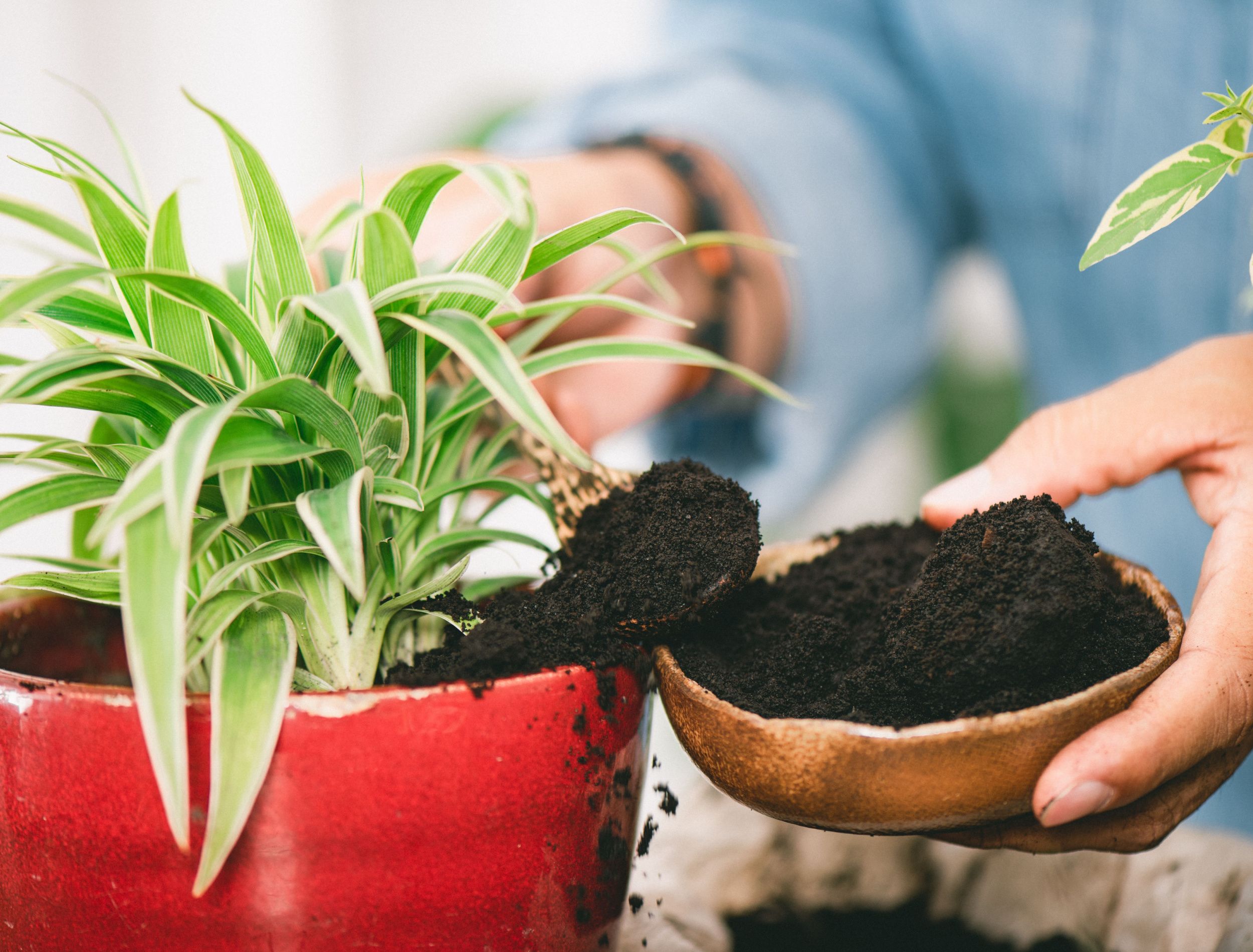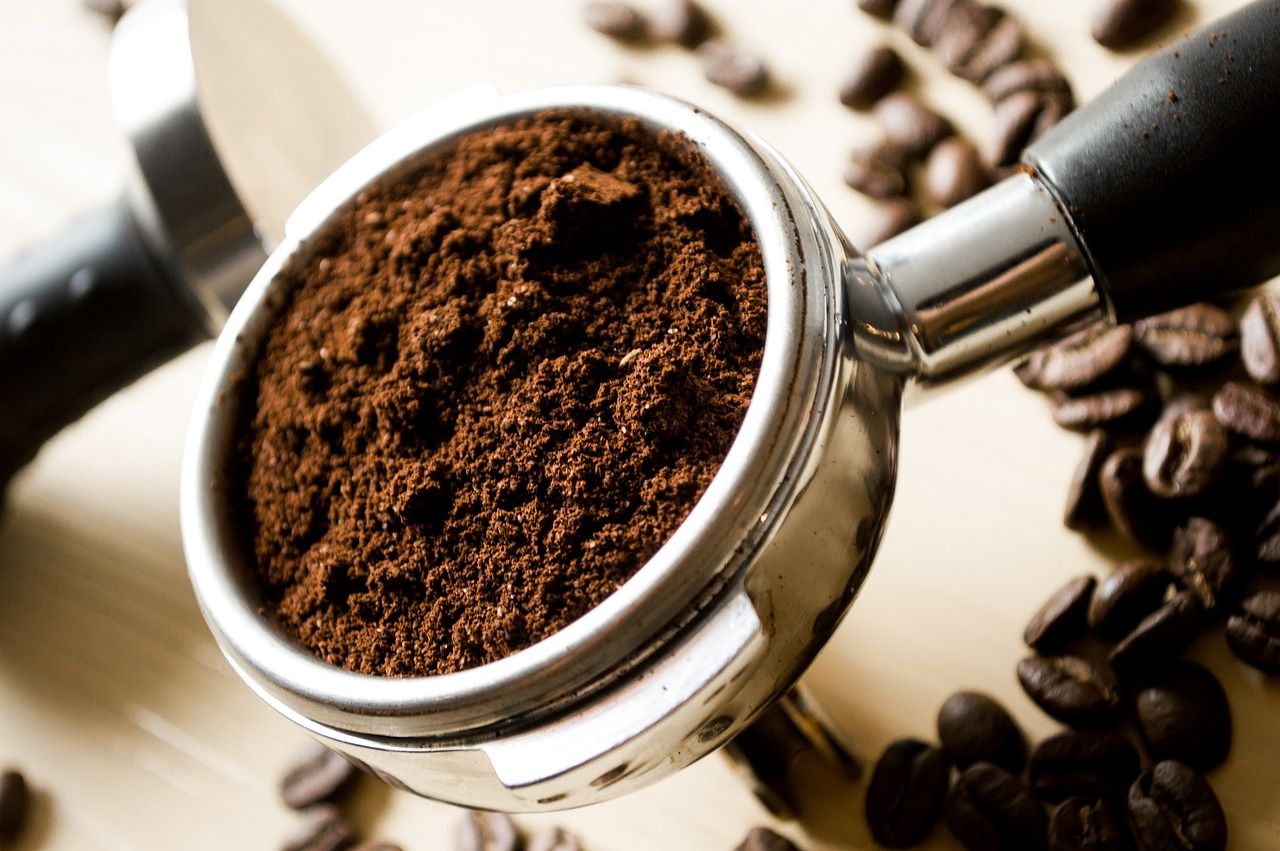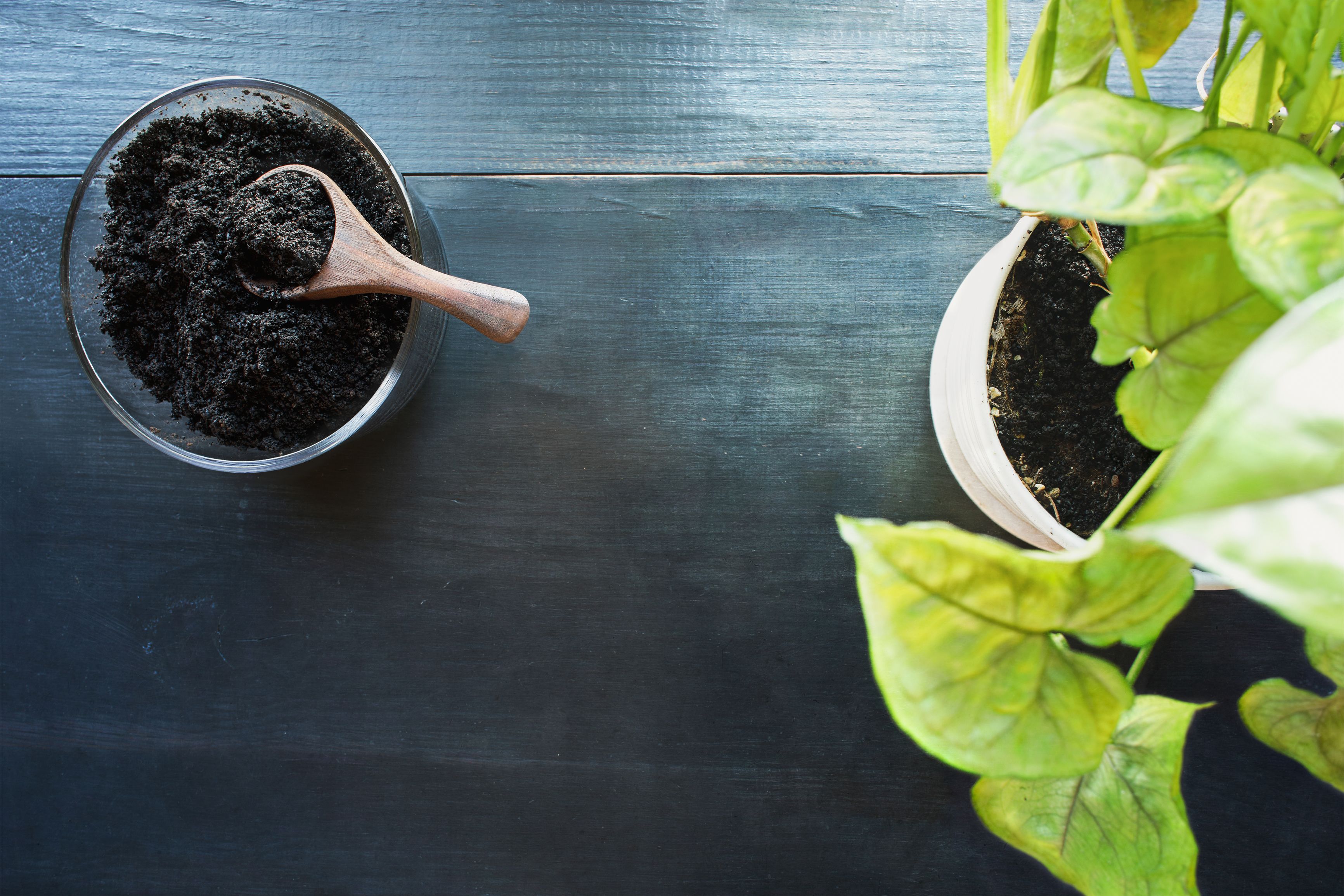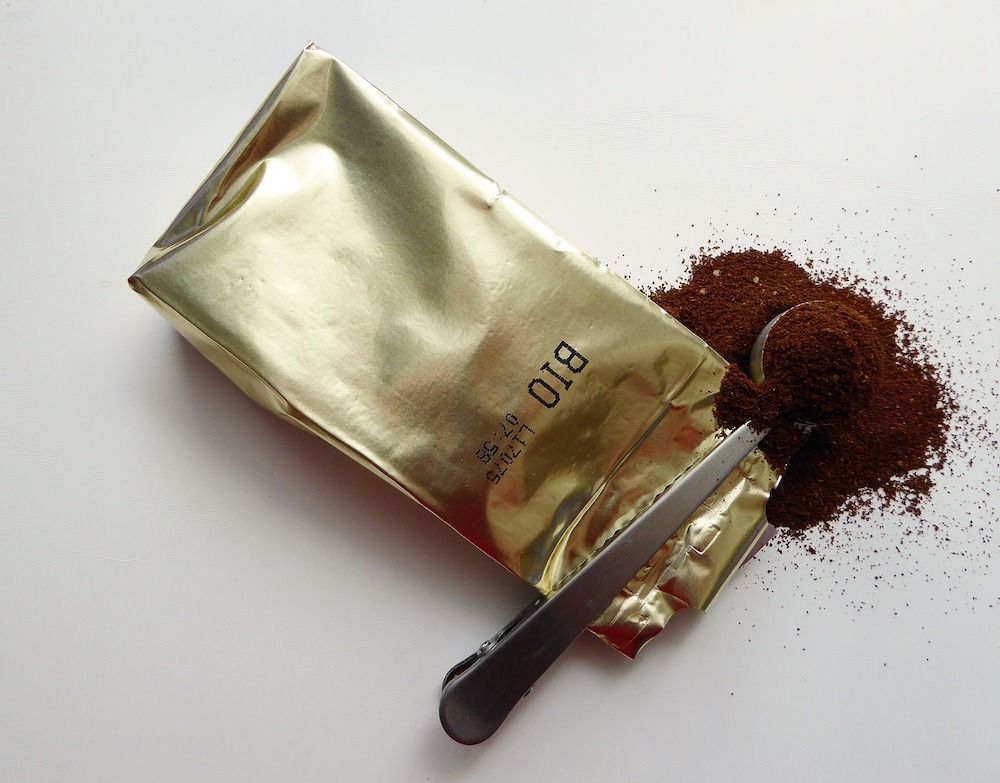Key Takeaways
- Coffee grounds provide essential nutrients, improve soil structure, and act as a natural pest repellent, making them a beneficial addition to your houseplants.
- When using coffee grounds, moderation is key to avoid problems like soil acidity or mold growth. Sprinkle a thin layer on the soil surface and water thoroughly to distribute them evenly.
- Not all houseplants benefit from coffee grounds, so choose plants that prefer acidic soil, and monitor your plants for any adverse effects like yellowing leaves or wilting.
Houseplants have become a staple in many households, bringing a touch of nature indoors and caring for these green companions is both rewarding and challenging. From finding the right balance of light and water to choosing the best potting mix, there's a lot to consider. But what about coffee grounds? Can they be the secret ingredient to thriving houseplants?
Explore this debated topic and discover whether adding coffee grounds to your houseplants is a smart move.
The Perks of Coffee Grounds For Houseplants
Coffee grounds are more than just a morning pick-me-up. These humble grounds enrich your indoor garden by providing essential nutrients, improving soil structure, and even acting as a natural pest repellent.
Houseplants and Nutrient Boost
Houseplants, like all living things, need essential nutrients to grow and thrive. The primary nutrients required are nitrogen (N), phosphorus (P), and potassium (K). These nutrients are often found in commercial fertilizers, but coffee grounds also provide a significant nutrient boost.
Nitrogen: Coffee grounds are a good source of nitrogen, an essential element for plant growth. Nitrogen aids in the development of lush, green foliage, making your houseplants look healthier and more vibrant.
Organic Matter: Coffee grounds are rich in organic matter, which helps improve soil structure. They enhance water retention and aeration, making it easier for your plants to access moisture and nutrients.
pH Regulation: Spent coffee grounds are slightly acidic, which is beneficial for certain houseplants that thrive in acidic conditions.
Repelling Pests
Coffee grounds also act as a natural pest repellent. Some pests, such as ants, aphids and snails, dislike the smell and texture of coffee grounds. By sprinkling coffee grounds on the surface of your houseplant's soil, you deter these unwanted visitors.
Tips on How to Use Coffee Grounds For Houseplants
Now that you understand the potential benefits of using coffee grounds for houseplants, delve into how to incorporate them into your plant care routine effectively.
Use Sparingly
When applying dry, used coffee grounds to houseplants, moderation is key. Start with a small amount to gauge how your plants react. Too much leads to problems like soil acidity or mold growth. In total, the amount of coffee ground you should use for your houseplants is 1 inch per year, cumulative.
Sprinkle on Topsoil
Gently sprinkle a thin layer of spent coffee grounds on the surface of the soil in your plant's pot. Avoid piling the grounds too high, as this traps moisture and creates an unfavorable environment for your plants.
Water Thoroughly
After applying the coffee grounds, water your plant as usual. Doing so helps distribute the coffee grounds throughout the soil and prevents them from forming a dense layer that could repel water.
Choose Suitable Plants
Not all houseplants respond well to coffee grounds. Acid-loving plants like African violets, hydrangeas, and Jade plants are more likely to benefit, as the mild acidity of coffee grounds aligns with their preferences. However, for plants that prefer alkaline soil — such as hostas, daylilies, and catmint — avoid using coffee grounds altogether.
Maintain a Balance
Keep in mind, using coffee grounds for extended periods may lead to a gradual increase in soil acidity. To counteract this, periodically flush the soil with water to leach out excess acidity.
Caveats and Considerations
While coffee grounds offer several advantages to your houseplants, be mindful of some potential drawbacks and considerations.
Potential Soil pH Alteration
As mentioned earlier, coffee grounds are slightly acidic. While this may benefit certain acid-loving plants, it may not be suitable for all houseplants. If your plants prefer alkaline soil, it's best to avoid using coffee grounds.
Soil Compaction
One strong caveat to using coffee grounds is they may pack down the soil over time. This hinders water infiltration and root aeration.
Monitor Your Plants
Every plant is unique, and their preferences vary. Monitor your houseplants when introducing coffee grounds into their care routine. If you notice adverse effects like yellowing leaves or wilting, reduce the amount of coffee grounds you're using or discontinue their use altogether.
Brewing Success
In the world of houseplant care, experimenting with various techniques and additives is both exciting and beneficial. Coffee grounds offer a natural and cost-effective way to boost the health and vitality of your houseplants. They provide essential nutrients, improve soil structure, and even repel pests when used correctly.
However, approach the use of coffee grounds with caution. Not all houseplants benefit from coffee grounds, so understanding your plants' specific needs is key.
If you've tried using coffee grounds for your houseplants, or do you have tips or tricks to share? Leave a comment below and continue the conversation. And don't forget to share this article with your fellow plant enthusiasts. Happy gardening!




